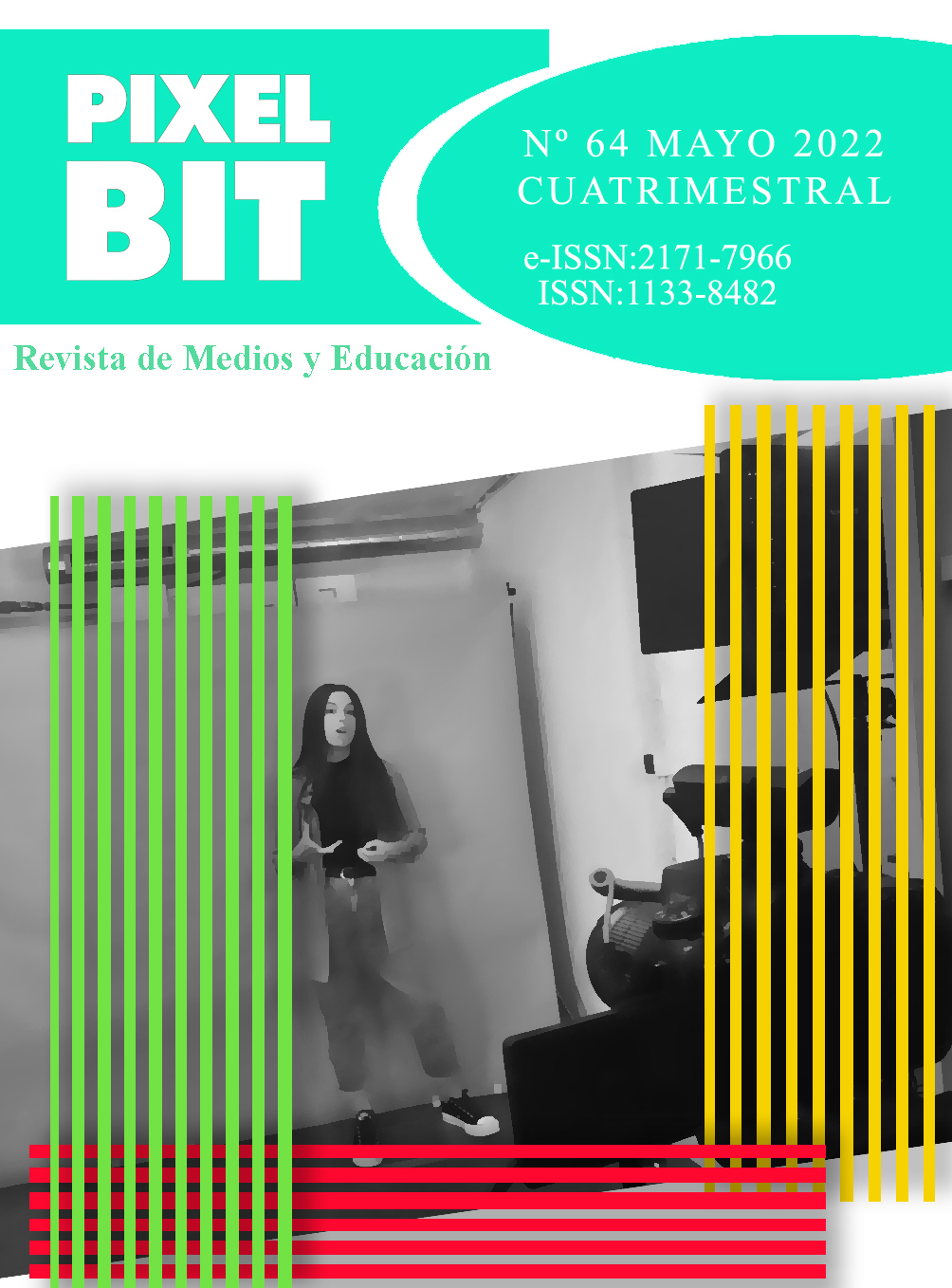Abstract
This article includes an investigation on the process of digital self-inclusion of women from rural areas of Extremadura. The main objective is to identify the facilitators of inclusion of rural women in digital technologies, addressing the self-definition of the level of autonomy in the management of these media and the existence of differences in the perception of these facilitators based on age. To do this, we start from a quantitative approach and a descriptive methodology by applying the SIRWOP Questionnaire to a random sample of 400 women (between 15 and 75 years old) from rural settings located in the province of Cáceres. The results obtained reveal different levels of autonomy where young women with more education and income present better technological performance. Also, differences are observed in the assessment of enablers for the use of technologies, so young women have greater support from the environment. In general, there is a positive perception about the facilitating aspects of digital inclusion, highlighting the support of family members and better access to technologies. To conclude, guidelines are offered aimed at promoting measures focused on the development of advanced digital skills and routine uses.

This work is licensed under a Creative Commons Attribution-NonCommercial-NoDerivatives 4.0 International License.
Copyright (c) 2022 Pixel-Bit. Media and Education Journal

